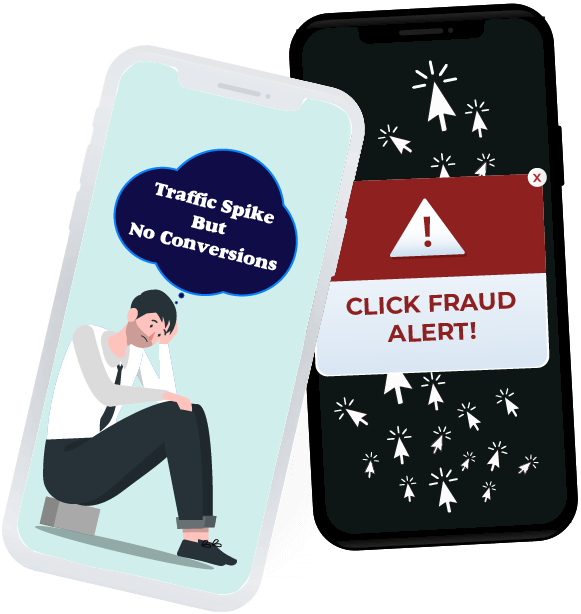Struggling with Click Fraud?
Safeguard your advertising investments !
We received your message and will contact you back soon.
Error sending please try again
The best click fraud detection tool I ever used
ClearTrust helps filter 50M daily clicks that we buy. No doubt one of the best tools in the market.
Jean , 10/01/2023















